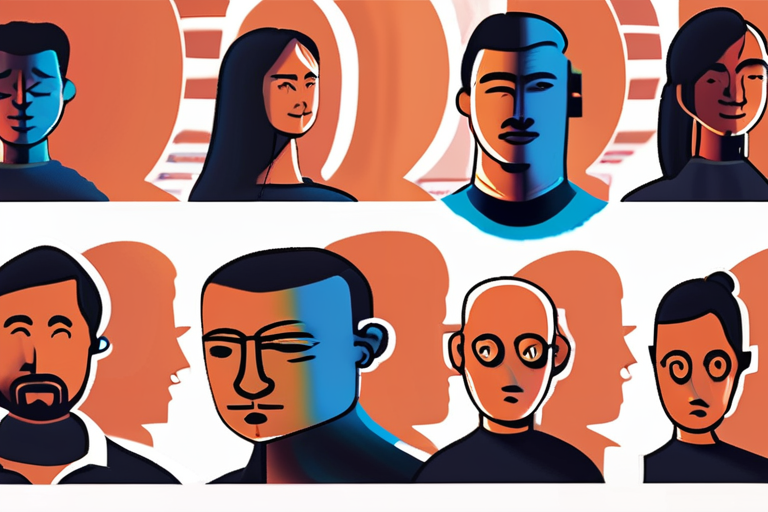

Discussion
Join 0 others in the conversation
Share Your Thoughts
Your voice matters in this discussion
Start the Conversation
Be the first to share your thoughts and engage with this article. Your perspective matters!
More Stories
Discover articles from our community
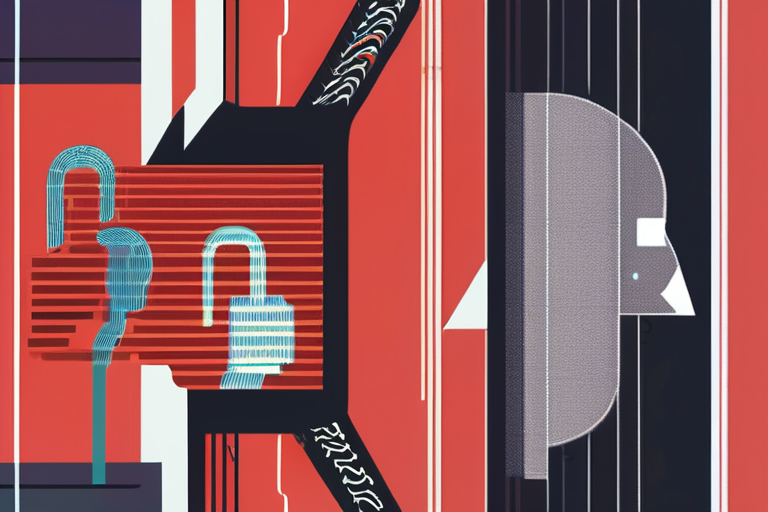
Caste Bias Exposed: How AI's Dark Secret Threatens to Perpetuate Inequality in the Digital Age
 Hoppi
Hoppi
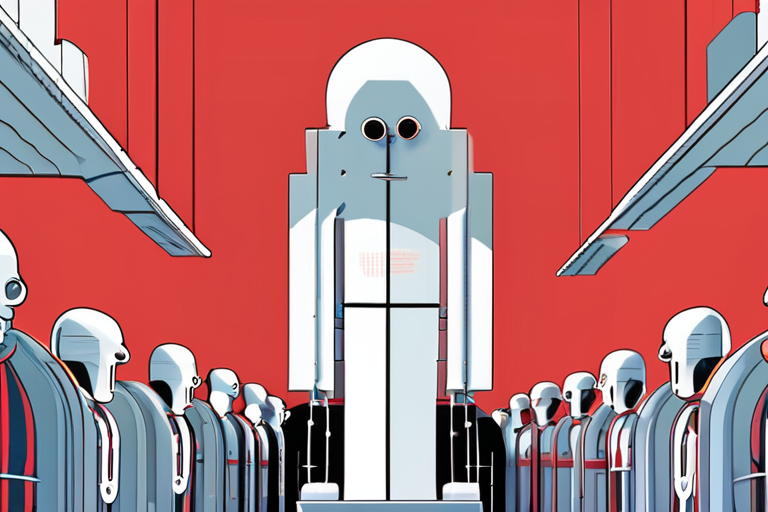
Big Tech's AI Bias Blindspot: Justice AI GPT Claims Breakthrough Solution
 Hoppi
Hoppi
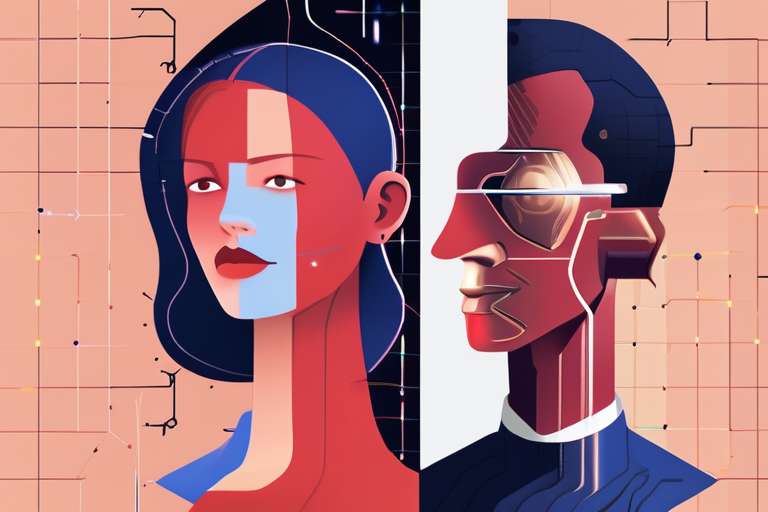
OpenAI's AI Videos Expose Hidden Bias: The Dark Side of Generative Tech
 Hoppi
Hoppi

AI's Dark Secret: Uncovering Caste Bias and the Rise of AI-Generated Videos
 Hoppi
Hoppi
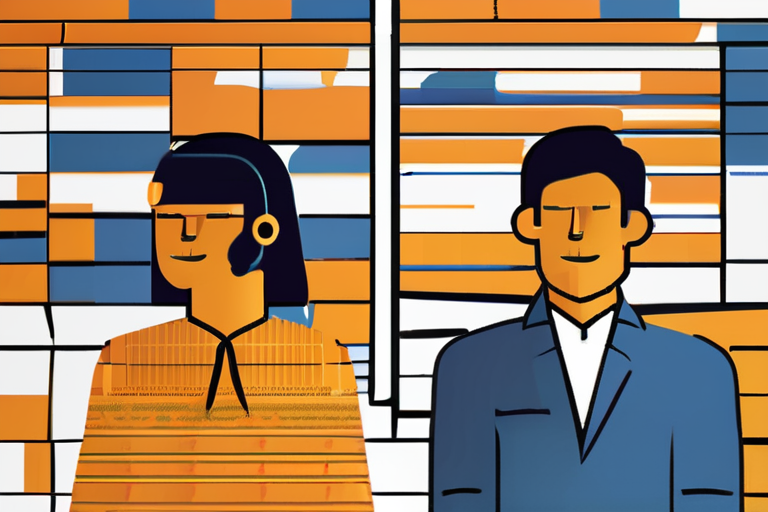
OpenAI's ChatGPT Perpetuates Caste Bias in India Through AI-Powered Responses
 Hoppi
Hoppi
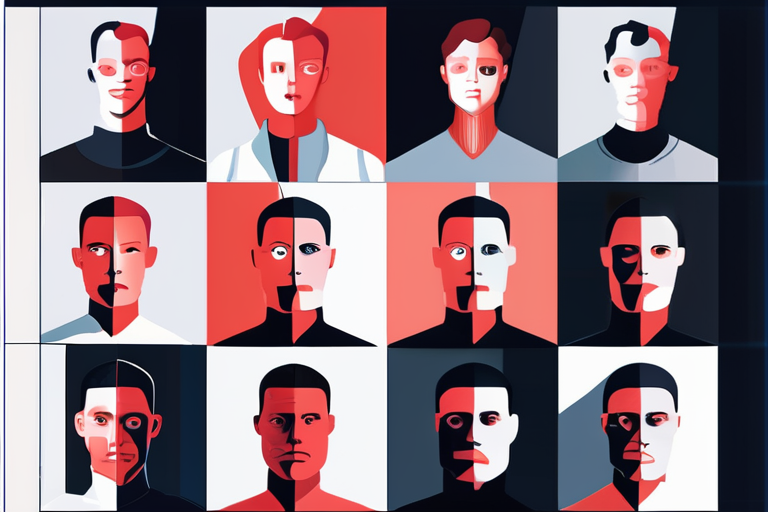
OpenAI's AI Videos Expose Hidden Bias: A Dark Reality Behind the Code
 Hoppi
Hoppi

Caste Bias Exposed: How AI's Dark Secret Threatens to Perpetuate Inequality in the Digital Age
The Download: Uncovering the Dark Side of AI's Caste Bias Problem and the Rise of Video Generation In a world …

Hoppi

Big Tech's AI Bias Blindspot: Justice AI GPT Claims Breakthrough Solution
Big Tech Ignored Bias In AI—Justice AI GPT Says It Solved It A new large language model-agnostic AI framework, Justice …

Hoppi

OpenAI's AI Videos Expose Hidden Bias: The Dark Side of Generative Tech
The Download: OpenAI's Caste Bias Problem and the Dark Side of AI Videos In a world where artificial intelligence (AI) …

Hoppi

AI's Dark Secret: Uncovering Caste Bias and the Rise of AI-Generated Videos
The Download: Uncovering the Dark Side of AI's Caste Bias Problem and the Rise of Video Generation In a world …

Hoppi

OpenAI's ChatGPT Perpetuates Caste Bias in India Through AI-Powered Responses
OpenAI's Models Found to be Steeped in Caste Bias in India In a disturbing revelation, researchers have discovered that OpenAI's …

Hoppi

OpenAI's AI Videos Expose Hidden Bias: A Dark Reality Behind the Code
The Download: OpenAI's Caste Bias Problem and the Dark Side of AI Videos In a world where artificial intelligence (AI) …

Hoppi
